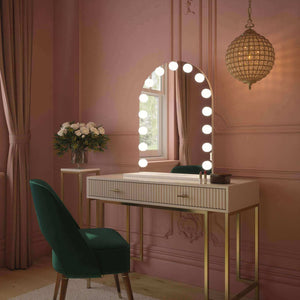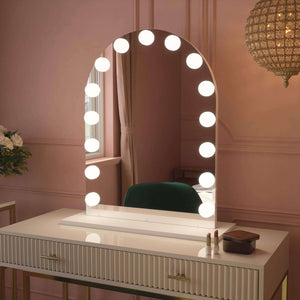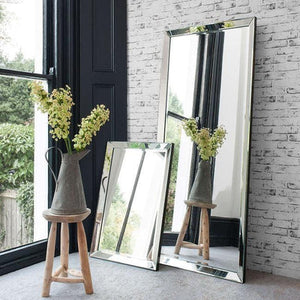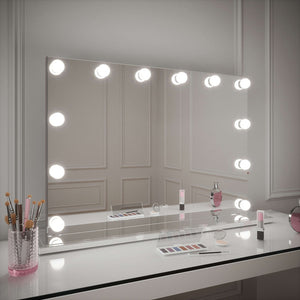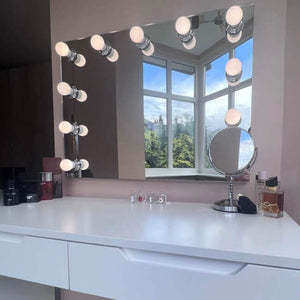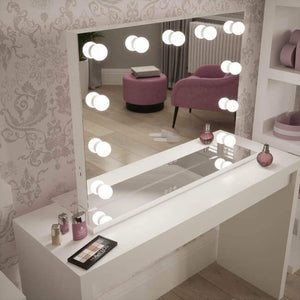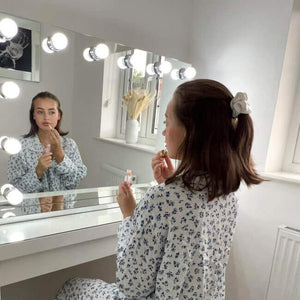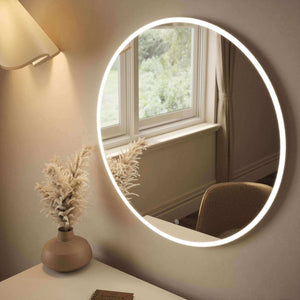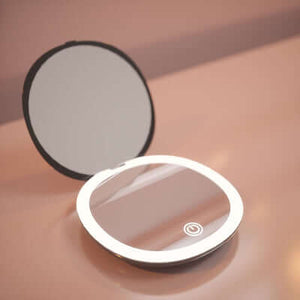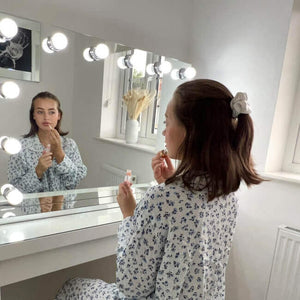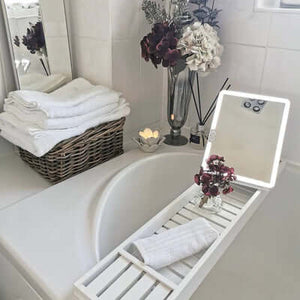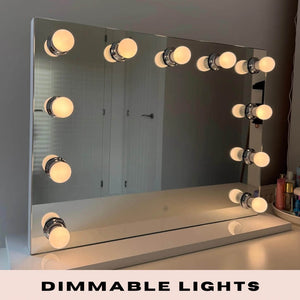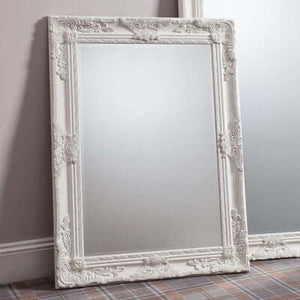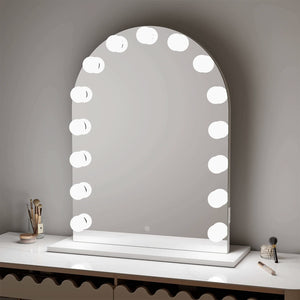In the bustling life of a college student, where studying, assignments, and exams are the norm, mental health often takes a backseat. Amid this academic whirlwind, the therapeutic art of makeup and beauty has emerged as a surprising yet effective tool for enhancing mental well-being. While makeup is often seen just as a way to enhance physical appearance, its role in improving mental health, especially among college students, is gaining recognition.
For many students, the daily routine of applying makeup is more than just skin deep. It can be a form of self-care, an expression of creativity, and a confidence booster. In an environment where students frequently choose to do my assignment for me by DoMyEssay, taking the time for a beauty routine can be a much-needed respite, offering a moment of calm and control in a hectic schedule.
The Connection Between Makeup and Mental Health
A Form of Self-Care and Expression
Applying makeup can be a therapeutic ritual, offering students a moment of self-care amidst their busy schedules. It’s a time to focus on oneself, providing a sense of normalcy and routine. Additionally, makeup allows for personal expression, enabling students to showcase their creativity and personality, which can be empowering and uplifting. This daily practice can also become a form of artistic meditation, allowing students to explore different aspects of their identity and mood through the colors and styles they choose.
Boosting Confidence and Self-Esteem
The act of applying makeup can significantly boost self-esteem and confidence. For many students, looking their best helps them feel their best, providing a psychological lift. This can be especially helpful before presentations, interviews, or any situation where students need to put their best foot forward. Furthermore, mastering the art of makeup can give students a sense of accomplishment and pride, adding an extra layer of confidence in their skills and creativity.
Enhancing Emotional Well-Being
Makeup’s impact extends beyond physical appearance to deeply influence emotional well-being. The process of choosing and applying makeup can act as an emotional outlet, a way for students to channel their feelings in a constructive and creative manner. On days filled with stress or low mood, selecting brighter colors or experimenting with a bold new look can serve as a mood enhancer. This aspect of makeup usage underscores its role as a tool for emotional regulation and expression, offering students a unique way to uplift their spirits and manage their emotions effectively.
The Role of Makeup in Stress Relief
A Mindful Practice
Engaging in the detailed process of applying makeup can be a form of mindfulness. Concentrating on the task at hand allows students to take a break from stressors and anxieties related to school or personal life. This mindfulness practice can lead to a calmer, more focused mindset. The repetitive actions involved in applying makeup, such as blending and brushing, can be particularly soothing, helping to ease the mind into a more peaceful state.
Creative Outlet
For students burdened with analytical and logical coursework, makeup can serve as a creative outlet. Experimenting with different looks and techniques allows for artistic expression, which can be a refreshing change from the structure of academic work. This creative process not only provides a mental break but also helps in developing a sense of personal style and artistic flair, which can be a source of joy and satisfaction.
Building Routine and Structure
The regular practice of applying makeup can also help in establishing a routine and structure in students’ daily lives, which is particularly beneficial for mental health. Amidst the often chaotic and unpredictable nature of college life, having a consistent makeup routine provides a sense of stability and control. This ritual can act as a grounding activity, setting a positive tone for the day and helping students to mentally prepare for the challenges ahead. By incorporating this structured practice into their daily schedule, students can create a reliable and comforting routine that contributes to overall stress reduction and mental well-being.
Integrating Makeup into College Wellness Programs
Workshops and Sessions
Colleges can incorporate makeup and beauty sessions into their wellness programs. These sessions can teach students about the therapeutic aspects of makeup, offering tips on integrating these practices into their daily routines. These workshops could also include lessons on skincare and makeup application techniques, helping students to develop practical skills alongside their understanding of makeup’s mental health benefits.
Community and Support
Creating makeup and beauty clubs or groups can foster a sense of community among students. These groups provide a platform for sharing tips, experiences, and support, further
enhancing the mental health benefits of the practice. These communities can also organize events and activities, such as makeup tutorials, beauty product swaps, or discussions about beauty standards, offering a supportive and inclusive environment for all students interested in makeup and beauty.
Conclusion
In the busy world of college life, where students often seek paper writing services to pay for essay or assignment help, finding personal time for activities like makeup can be a form of therapy. The art of makeup goes beyond mere aesthetics. It’s a tool for self-care, expression, and mental well-being. As colleges continue to seek ways to support student mental health, recognizing and integrating the therapeutic art of beauty can play a vital role in creating a more balanced, healthy, and vibrant campus environment.
Liquid error (sections/article-template line 192): Invalid form type "57\n", must be one of ["product", "storefront_password", "contact", "customer_login", "create_customer", "recover_customer_password", "reset_customer_password", "guest_login", "currency", "activate_customer_password", "customer_address", "new_comment", "customer", "localization", "cart"]
 Alicia Hollywood Mirror 60cmx80cm
Alicia Hollywood Mirror 60cmx80cm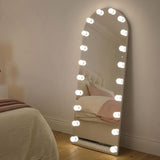 Angelina Full Length Arch Hollywood Mirror 160 x 60cm
Angelina Full Length Arch Hollywood Mirror 160 x 60cm Angled Luna Mirror-Cheval Black
Angled Luna Mirror-Cheval Black Angled Luna Mirror-Cheval Gray
Angled Luna Mirror-Cheval Gray
